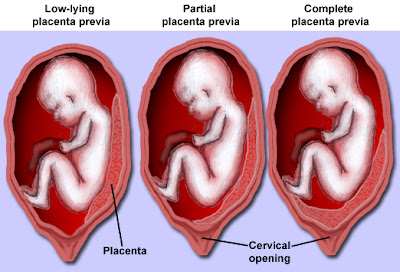Define Fertility (Fertility Definition) - Women Fertility Age
Women fertility age, as you age your chance of getting pregnant declines. At age 30 your chance of getting pregnant naturally is approximately 20 percents every month, and at age 40 it drops to approximately 5 percents every month.
Older girls are additional possible to own health issues or biological issues that interfere or have an effect on fertility. From a purely biological perspective, it's best to undertake to begin a family before you're 35.
On the other side, men will remain fertile for much longer than women. Even supposing male fertility will decline with increasing of their age. These changes will likely occur in stages for a man.
While several men remain fertile into their 50s and onwards, the proportion of males with the sperm disorders will be increase by the age. The decline in male fertility is additional gradual for men than women. The decline in male fertility will have an effect on the health of the youngsters they will go on to own.
Define fertility and fertility definition, sometimes ovulation issues will happen as you age. It is because :








